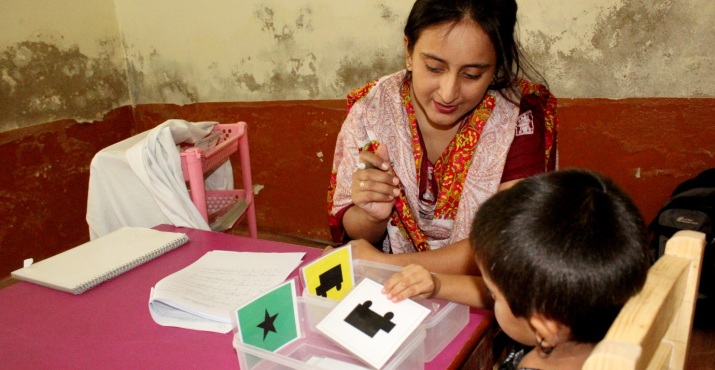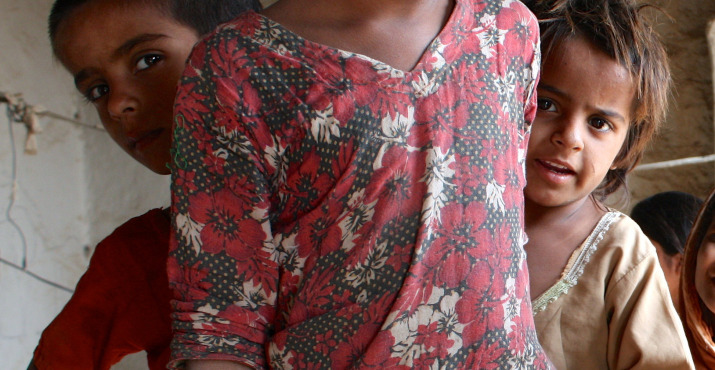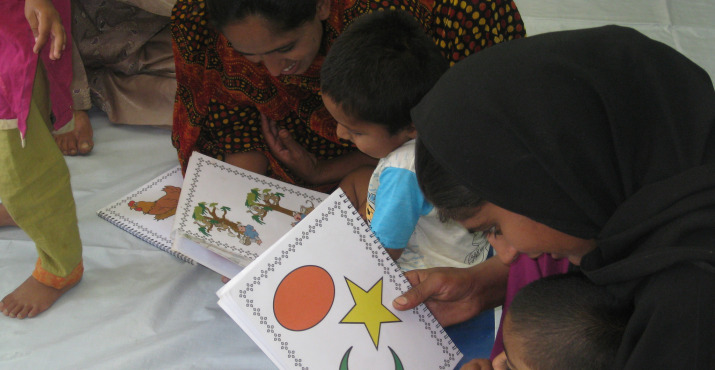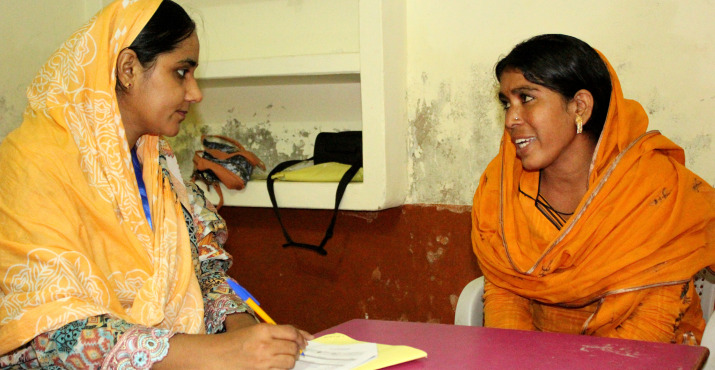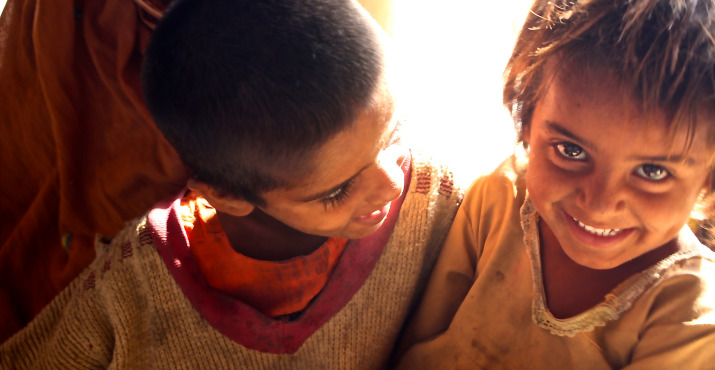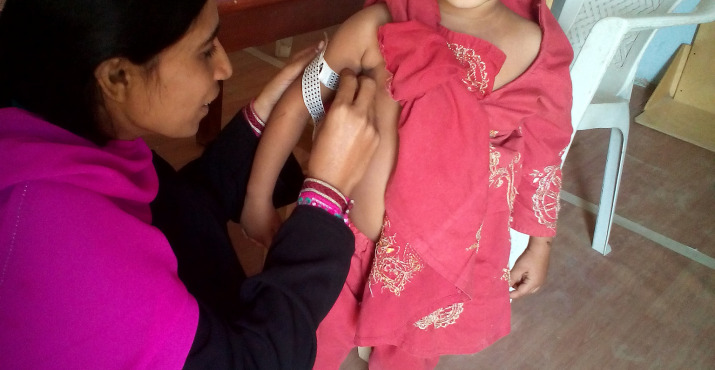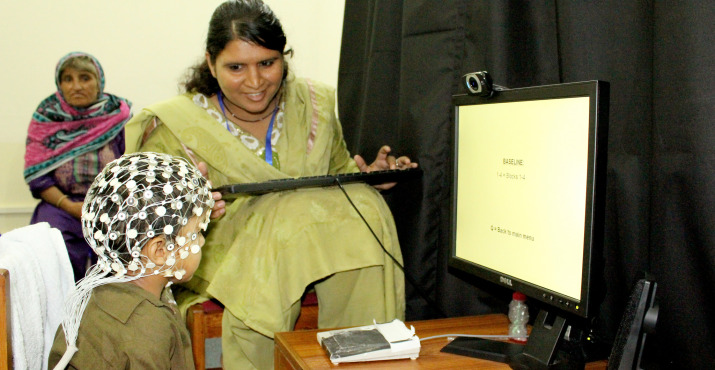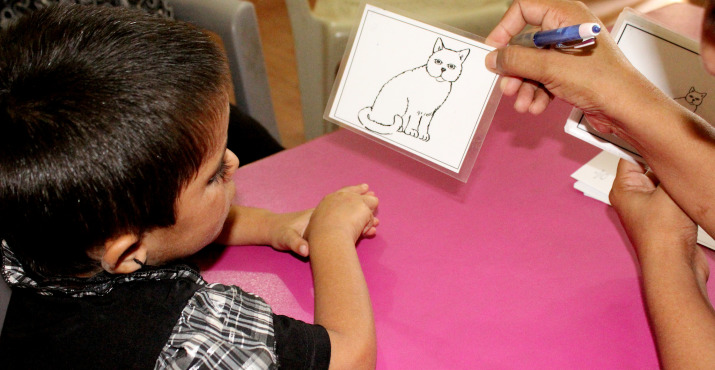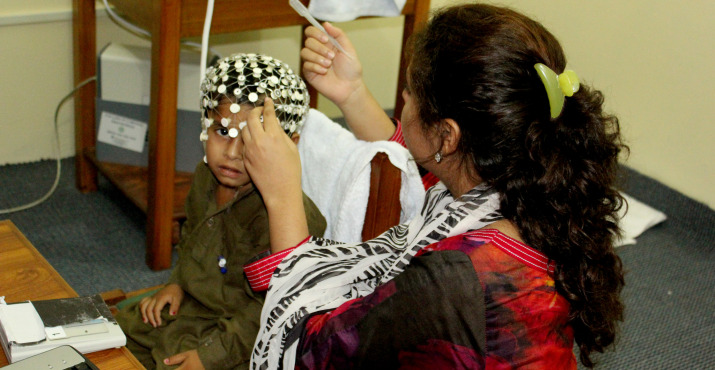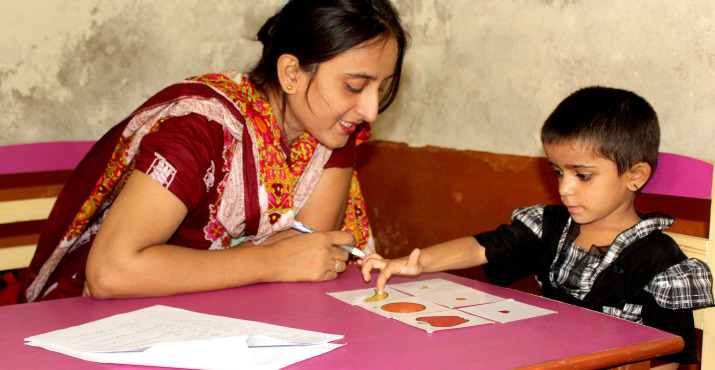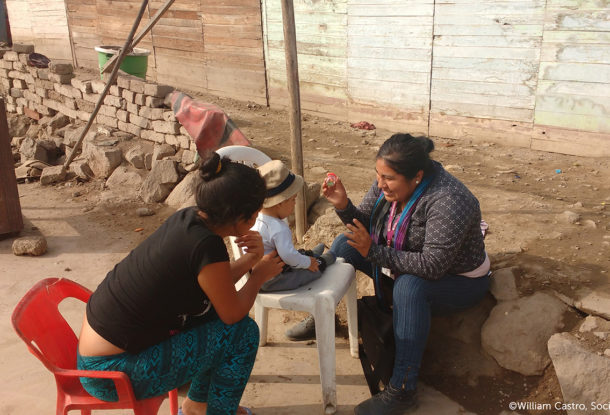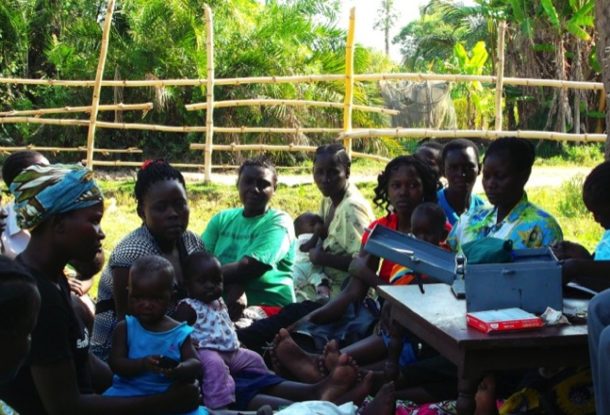A total of 1489 infants at birth were enrolled into one of the following 4 groups: (1) Responsive Stimulation; (2) Enhanced Nutrition; (3) Responsive Stimulation and Enhanced Nutrition; and (4) Control. All groups were also exposed to Lady Health Workers (LHW) services, which include antenatal and new born care, health and hygiene promotion, immunizations and care for the sick child.
The PEDS Trial group meeting approach enabled caregivers to practice activities with their young children and discuss ECD topics (e.g. praise and discipline, child rights, future education). Those in the intervention arms received a local adaptation of the UNICEF and WHO ‘Care for Child Development’ module. Lady Health Workers delivered the interventions through monthly community group meetings which provided opportunities to help primary caregivers provide care for early nutrition and/or child development, and to practice different play activities with young children that promote cognitive stimulation. The LHWs were trained to counsel primary caregivers to have successful interactions with their children by spending time on developmentally appropriate play activities using low cost/no cost items such as homemade toys, kitchen utensils, or singing songs together. The goal of each session was to focus on the relationship between the caregiver and child in order to help the caregiver recognize her child’s signals and respond promptly, contingent to the signals in a manner that was developmentally appropriate.
The counseling session including observing the caregiver/child interaction, guiding the caregiver and providing feedback followed by encouragement and praise of caregiver Group counseling sessions were followed up by a monthly. home visit to check how caregivers were implementing intervention advice, integrating the LHW’s routine services with new interventions.
The nutrition intervention included nutrition education and the distribution of multiple micronutrients which could be mixed in to complimentary foods (Sprinkles). Nutrition is already part of the LHWs’ curriculum, but is poorly delivered and the intervention strategy was designed to strengthen in-service training and counseling techniques that would improve existing delivery.
For both the responsive stimulation and nutrition interventions, a structured curriculum was provided to the LHWs based on a period of formative research. The LHWs were also provided with regular refresher trainings and supportive supervision where home visits and group meetings were observed and feedback was provided. The interventions were delivered by the LHWs using an ‘intention to treat’ model. All families with children less than 2 years of age who lived in the LHW’s catchment (consisting of 100-150 households) were eligible to receive services. The LHW’s catchment served as the unit of cluster in the trial. There were 20 LHWs per intervention group.
 Eight-eight million young children worldwide are estimated to dropout before completing primary school education resulting in serious repercussions for human capital formation. Early Childhood Development interventions that prepare children for school may lead to reduction in early dropout. The Pakistan Early Child Development Scale Up (PEDS) trial was implemented to determine whether an early cognitive stimulation and responsive parenting intervention delivered by community based Lady Health Workers to families, either alone or in combination with a nutrition intervention, could improve development and growth outcomes in the first 2 years of life. Now, an assessment is being conducted on these same children at 4 years of age to see if the intervention has had sustained effects on executive functioning skills, brain development, and school readiness as well as family commitment to helping children achieve future potential.
Eight-eight million young children worldwide are estimated to dropout before completing primary school education resulting in serious repercussions for human capital formation. Early Childhood Development interventions that prepare children for school may lead to reduction in early dropout. The Pakistan Early Child Development Scale Up (PEDS) trial was implemented to determine whether an early cognitive stimulation and responsive parenting intervention delivered by community based Lady Health Workers to families, either alone or in combination with a nutrition intervention, could improve development and growth outcomes in the first 2 years of life. Now, an assessment is being conducted on these same children at 4 years of age to see if the intervention has had sustained effects on executive functioning skills, brain development, and school readiness as well as family commitment to helping children achieve future potential.